Pistachios may not be one of the most common nuts in your kitchen cupboard. Yet, should you have some spare and a hungry parrot, then it’s good to know, can parrots eat pistachios?
Yes, parrots can and will eat pistachios… In fact, pistachios are one of the most nutritious nuts you could feed your parrot, provided you avoid some common additives.
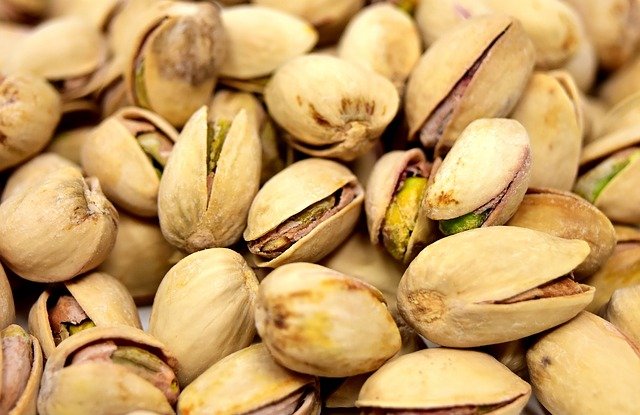
How to Prepare Pistachios for Parrots to Eat
Pistachios actually come in a surprising variety of colours, with different flavour profiles.
But, unless you happen to live in an area where they are cultivated, you’re likely to only find the most popular variant at your local store, supermarket or health shop shelf.
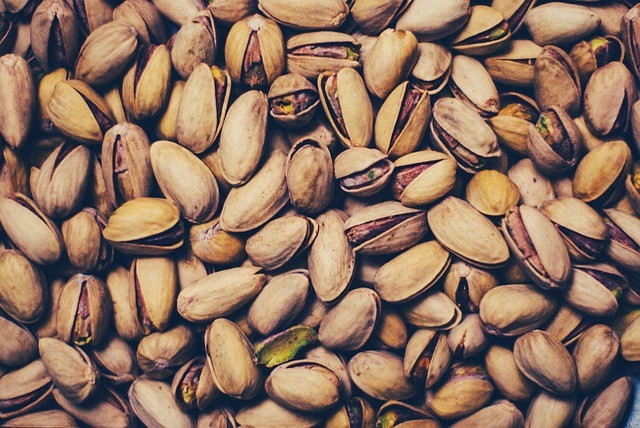
As the nutritional value is basically the same for them all. Don’t feel the need to special-order an obscure strain from Iran — though I’m sure your parrot would volunteer to taste test them if you do.
You can safely buy shelled or unshelled varieties. Parrots have no trouble getting the soft green kernel out of the split shell, and solving that little puzzle is a good mental activity for them.
What you don’t want to do is buy salted nuts.
Buy them plain or not at all. Too much salt can cause parrots any number of serious ailments, and it doesn’t take much by our standards. Better to be safe than sorry, and skip salted pistachios.
Before you feed your feathered friend any variety of these nuts, you should rinse them first. This is common practice for fruits and veggies and should be for nuts too.
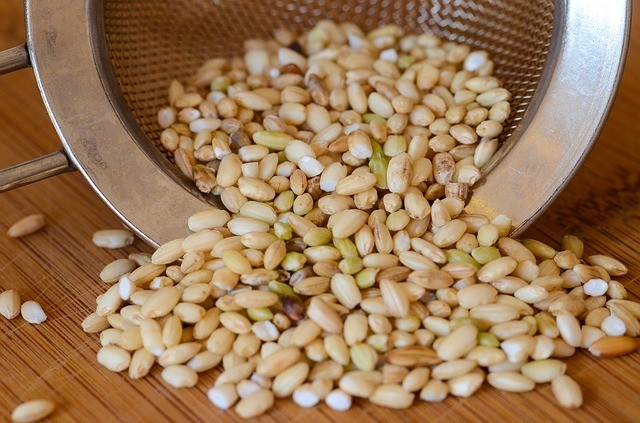
Your aim is simply to dislodge dirt and wash away any chemical residue from the surface of the nuts.
Once you’ve rinsed them, spread them on a paper towel to let them dry. If they aren’t shelled, you should shake them in a colander to get rid of excess water from within the shell.
This isn’t a problem if you intend to serve them right away, but you don’t want to store them while wet. With the pistachios clean, the time has come to serve them.
Scoop up a handful and deposit them in your parrot’s cage into a dish or in a bowl and they will be quite happy to take it from there.
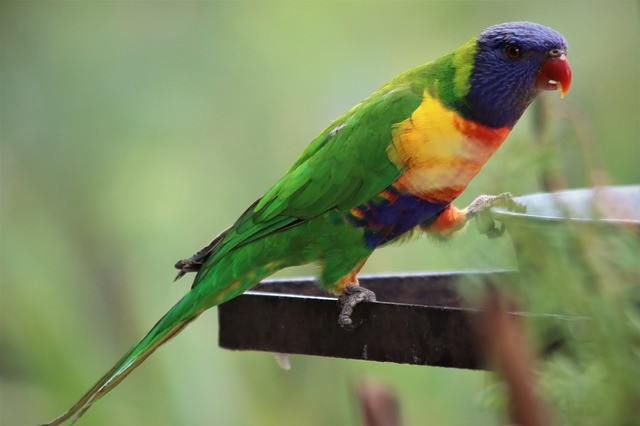
Feeding them by hand is also fine, and makes for a good bonding experience. Save this for the shelled variety, however.
You can always mix these nuts with others types or with fruit or leafy greens.
Ground pistachio meal is another option for mixing, and you can dust it over just about anything else for some added nutrients.
Do You Own a Cockatiel & Thought about feeding it Peanuts?
Are Pistachios Good for Parrots?
As long as they aren’t doused in salt, pistachios are a very healthy nut for your bird. You can feed them several each day if you like, but don’t get carried away.
The max should be around 10 in a day, less for smaller parrots.
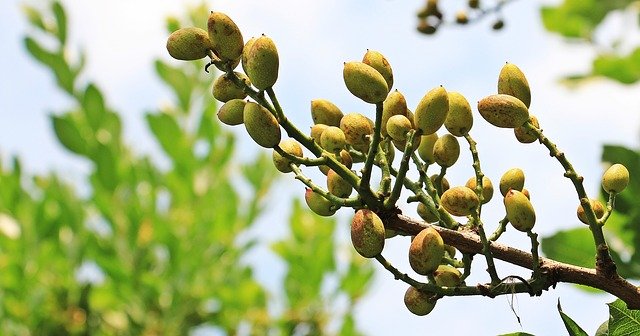
Pistachios are rich in fat, carbs, and protein, in that order.
They are an excellent source of both quick and stored energy, and the protein content makes them a good choice for moulting birds, as it assists with new feather growth.
These little green powerhouses have more antioxidants than almost any other nut. Only pecans and walnuts contain more lutein and zeaxanthin in them than pistachios.
Those two antioxidants will improve and preserve your parrot’s sight, while others give your bird resistance to cancer and heart disease.
If that isn’t enough, pistachios contain high levels of several vitamins, such as:
- Vitamin A
- Vitamin B4 (choline)
- Vitamin B6 (pyridoxine)
- Vitamin B9 (folate)
- Vitamin C
- Vitamin K
Vitamins A and B4 add to the pistachio’s benefits to eyesight. Your parrots are less likely to become despondent with enough B6, while folate will keep their blood healthy and oxygenated.
Besides its well-known role in battle illnesses of all kinds, vitamin C is also integral to the formation of bones, which vitamin K helps to maintain their density and strength.
Pistachios are no slouch in the minerals department either and are a good source of:
- Copper
- Manganese
- Phosphorus
- Potassium
These minerals pair up with the vitamins to ensure stellar bone health, as copper helps the bones, the veins that feed them, and the ligaments and tendons that move them.
Manganese also bolsters joint strength, and phosphorus is a building block in bones as well as eggs.
Potassium is just as multifaceted. Your parrot may owe its low blood pressure, and ability to efficiently metabolize much-needed protein, to this vital mineral.